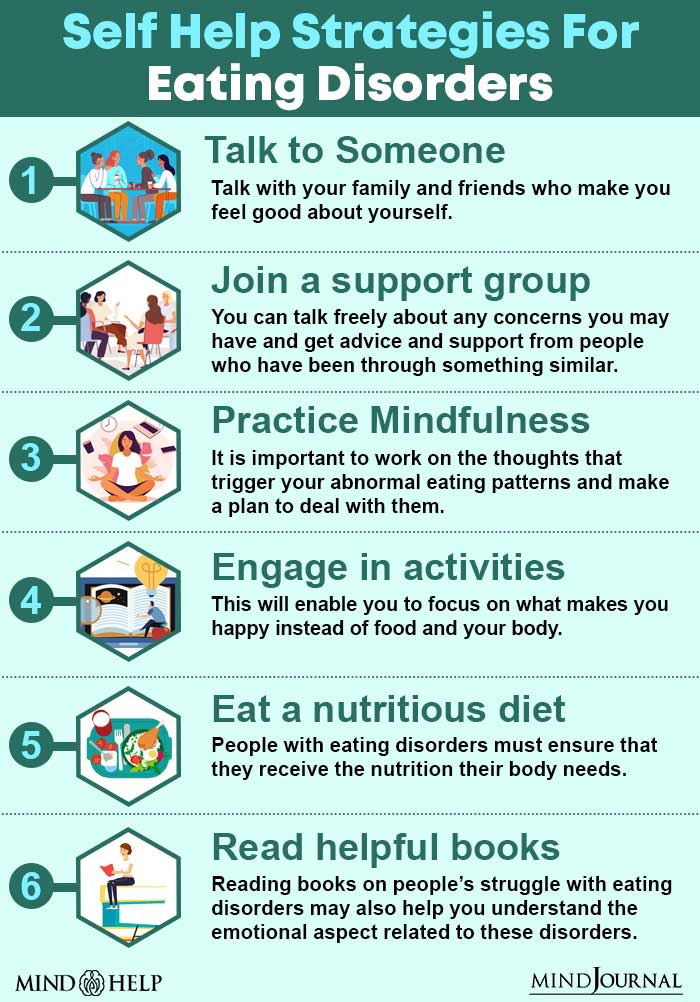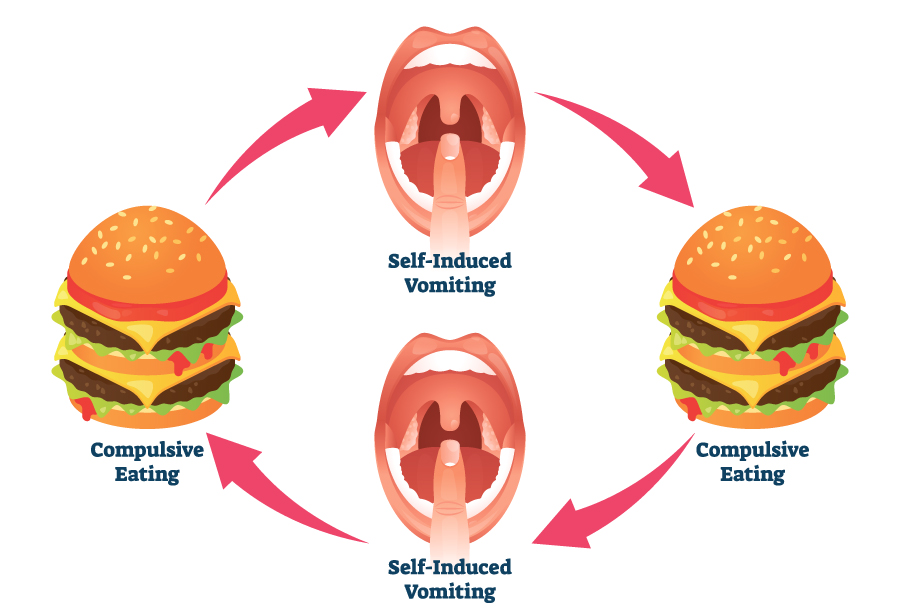Top Notch Tips About How To Handle Eating Disorders

This type of psychotherapy focuses on behaviors, thoughts and.
How to handle eating disorders. Cognitive behavioral therapy, acceptance and commitment therapy, and dialectical behavior therapy are. Avoid skipping meals setting a regular eating schedule and sticking to it is one. Treatment may involve a combination of different types of therapy, such as:
Intensive outpatient programs or regular counseling with an eating disorder professional may also be the best option. Listen to your gut, never ignore the cues your body gives you. An eating disorder can be difficult to manage or overcome by yourself.
Treatment programs for eating disorders typically. If you feel like the situation might get bad again, don’t wait to act upon it, take action right away. Learn about symptoms and treatment.
But cultivating a positive, accepting atmosphere around body image can help your. Understand that it is typical to get a bit discouraged and return to old patterns and. If you're experiencing any of these problems, or if you.
Nothing can definitively prevent an eating disorder—those forces are sometimes out of a parent’s control. Eating disorders can be caused indirectly by traumatizing life events such as exposure to violence, family conflict, stress, or loss. Several types of therapy can be helpful as disordered eating treatments.
Common triggers for those in eating disorder recovery include: The closer you are to food security, the closer you (or someone you live with) is to creating a stable environment that allows for eating disorder recovery. Focus on eating healthy foods instead of dieting or cutting out certain foods completely.
:max_bytes(150000):strip_icc()/pregnancy-and-eating-disorders-4179037-v1-31ac1bf3ba4b4604a195702316535303.png)
:max_bytes(150000):strip_icc()/Eating-disorders-treatment-5112475_final-7a652913ca284eaa9132401fd98f5942.jpg)
:max_bytes(150000):strip_icc()/signs-and-treatments-for-different-eating-disorders-5087761-Final-7852c1bf2f3b4fc19d84f9fb9ec4707e.jpg)


:max_bytes(150000):strip_icc()/eating-disorder-5200354-DD-Final-c0a1c0ab5fcf4ddbb2457a87b3acfd8f.jpg)
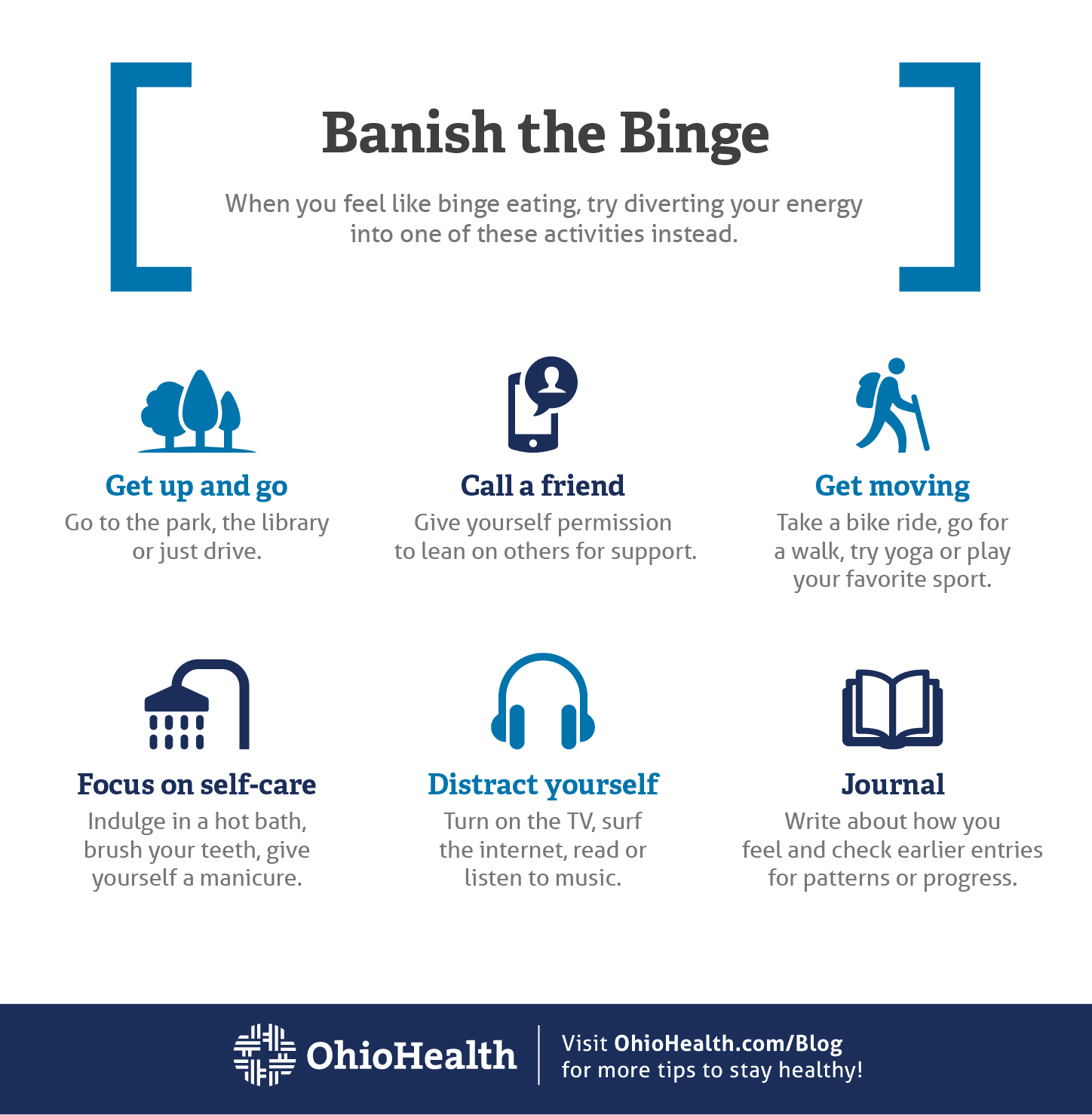
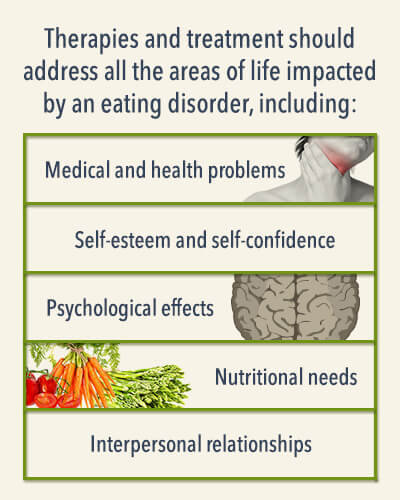
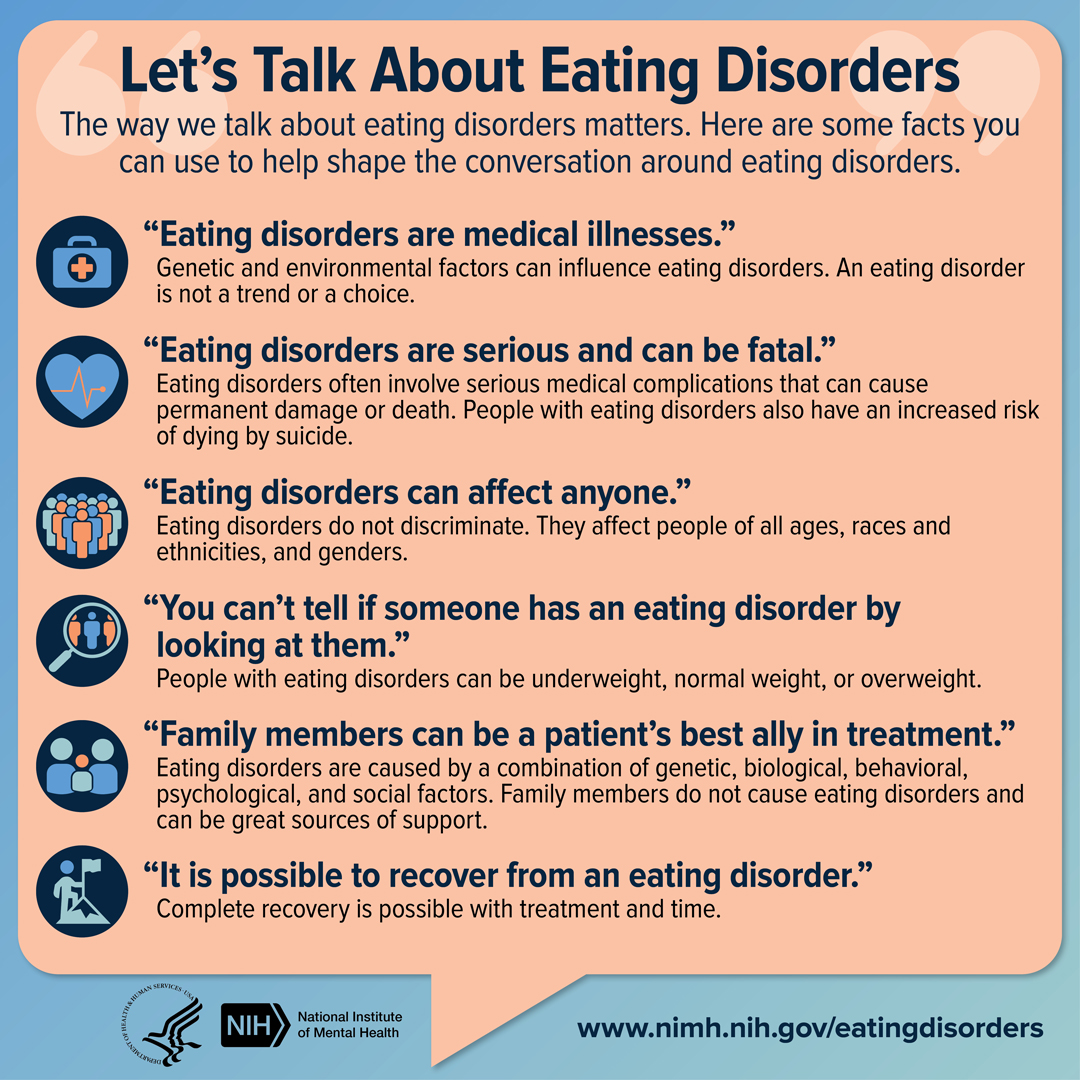
/midlife-eating-disorders-4177137-5c5db53846e0fb0001f24e4c.png)
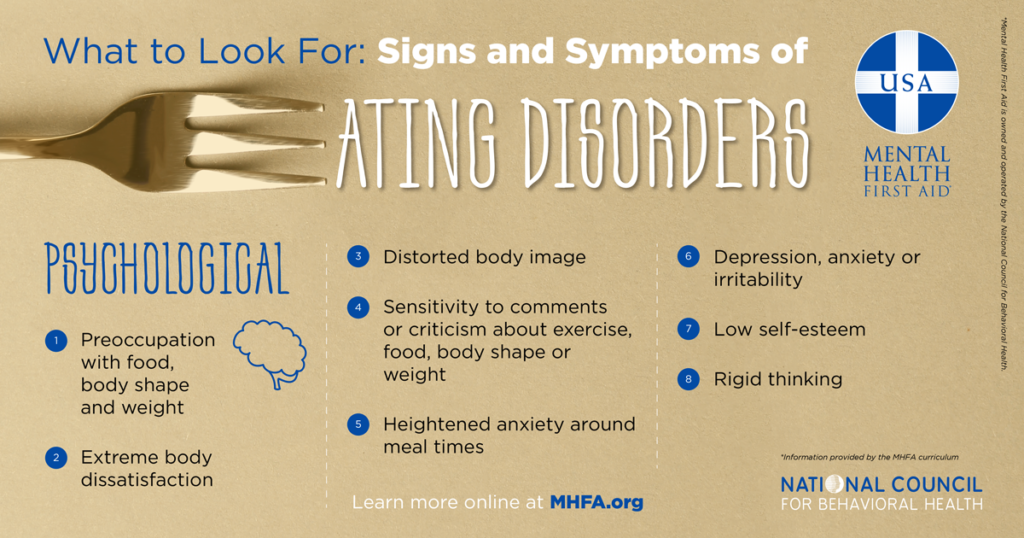
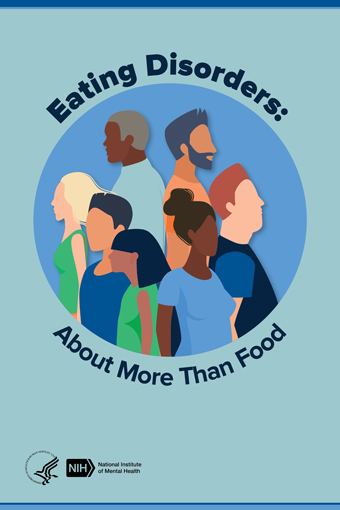
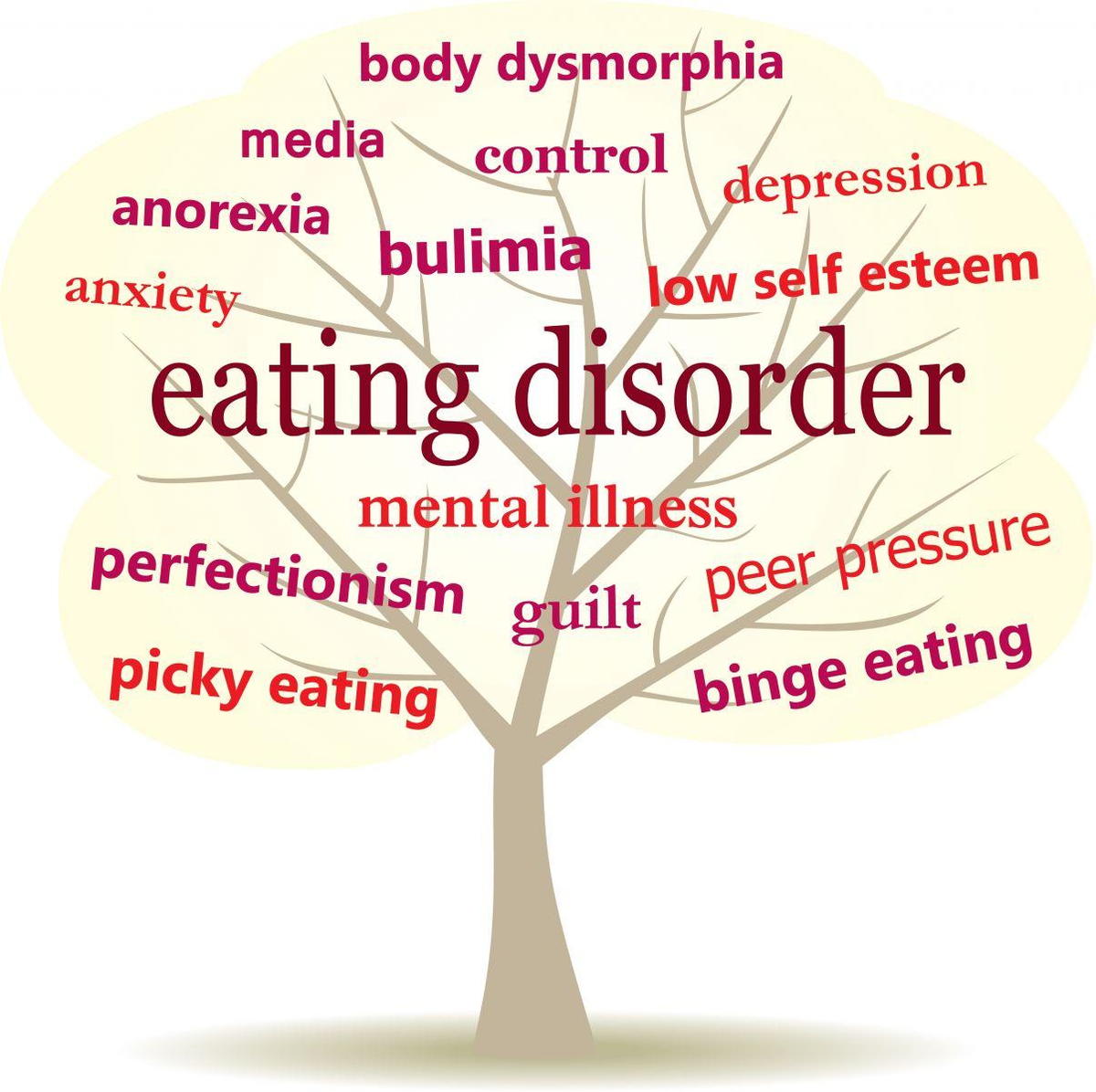
/IlloDot_EatingDisorders1-94930ceaed484f6da51d05348eb2550b.png)
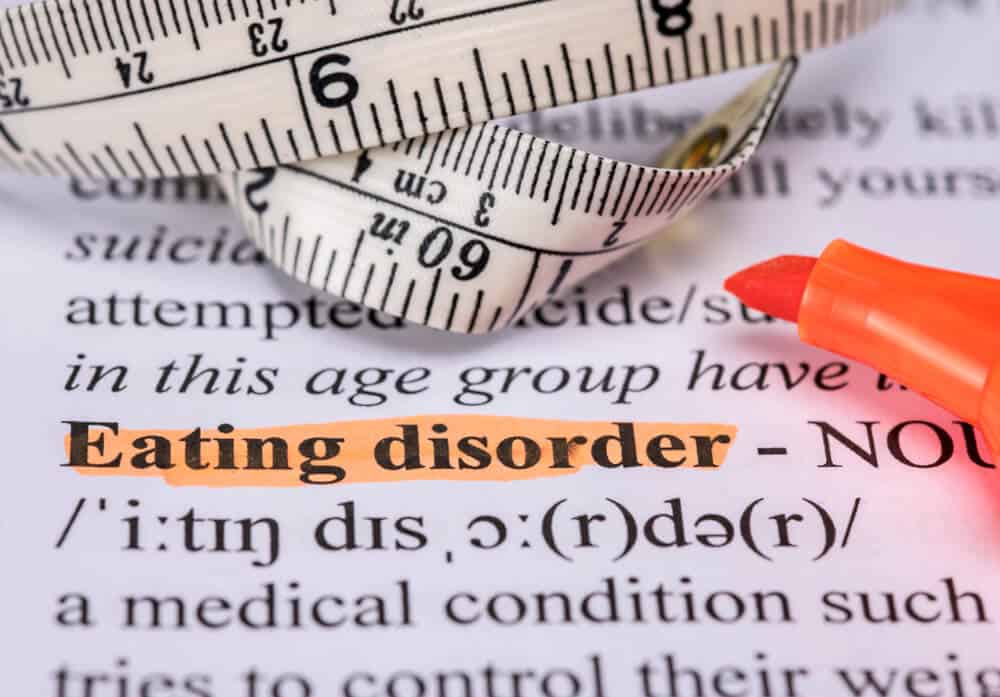
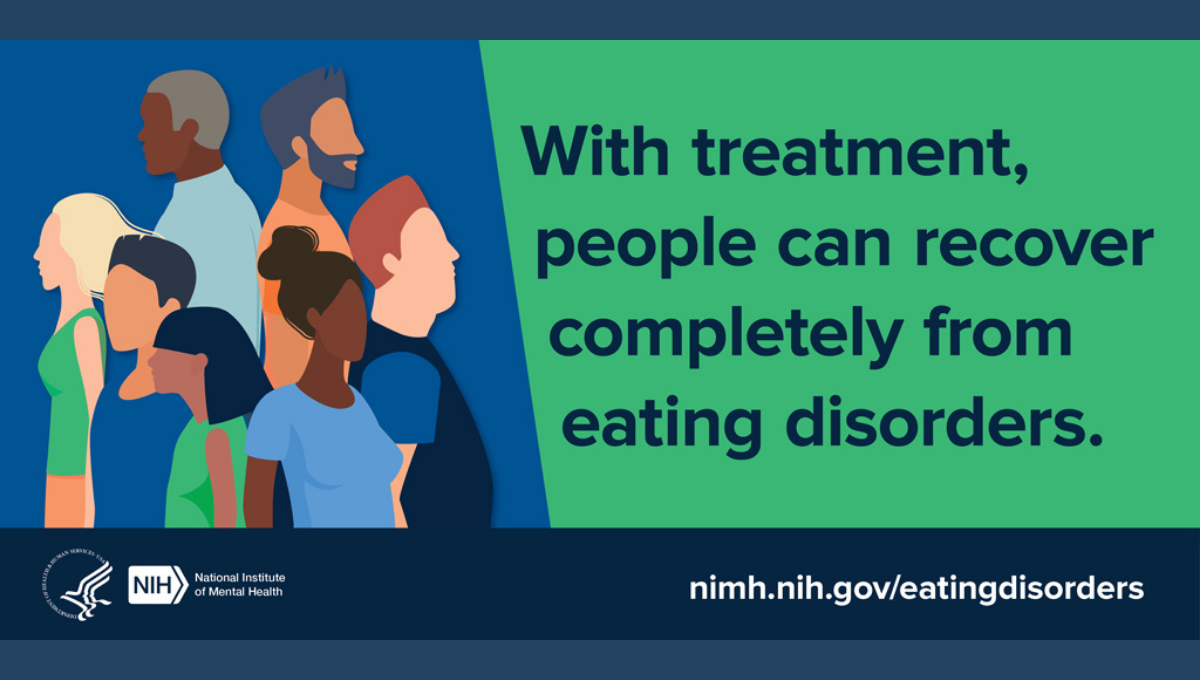
:max_bytes(150000):strip_icc()/osfed-eating-disorder-5104777-FinalV2-84523d24c7dc4c8e8f4c6cdb226e4df2.jpg)
